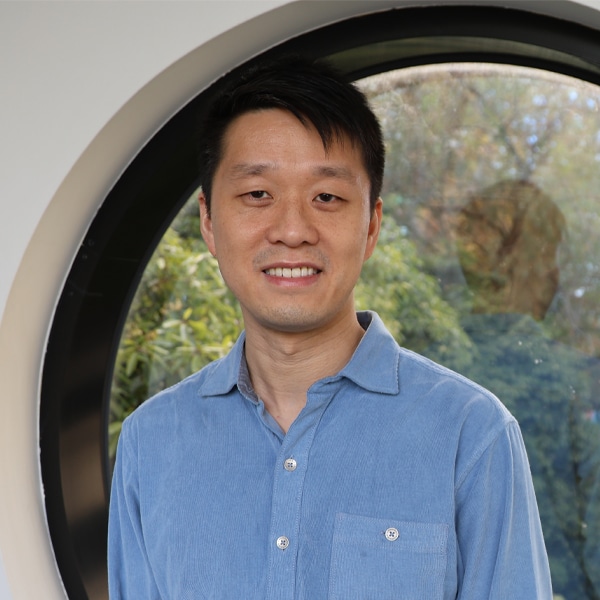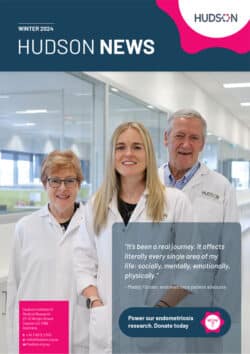Dr Wilson Wong, NHMRC Investigator Fellow (Emerging Leadership Level 2)
Auto-inflammatory disorders, cancers and telomere biology disorders are caused by inherited mutations and affect millions of Australians and nationalities worldwide. I investigate how mis-regulated inflammation and cell proliferation drives these disorders with the aim of developing treatments for patients.

Areas of interest
Research group
Structural Biology of Inflammation and Cancer
Biography
Dr Wong’s research focuses on understanding how inherited mutations cause auto-inflammatory disorders of the skin, lung, bowel and brain, ultimately to inform new treatments for patients.
A structural biologist, Dr Wong specialises in visualising protein structures and elucidating the mechanisms of drug action. Through these structural studies, the function of proteins and the associated disease processes can be understood at the atomic level, providing valuable information for drug development.
Dr Wong’s research focus is on investigating the function of small molecular machines in cells that control inflammation and cellular aging. Electron microscopy is used to visualise high-resolution images of these molecular machines to understand their functions, and how potential drugs could interact and alter their activities.
Dr Wong’s research interest is understanding the functions of inflammasomes and telomeres and how disease-causing mutations change the inflammatory and proliferative capacity of cells. This involves
- Visualising the structures of protein complexes
- Understanding how mutations alter their structures and functions
- Investigating how small molecules could inhibit their activities.
In the past 10 years Dr Wong’s research has contributed to the understanding and treatment of malaria infection and understanding the structures of malaria vaccine candidates for development. Extending this work, Dr Wong is investigating the parasite factors that activate the inflammatory processes that lead to disease pathologies.
Dr Wong has received significant funding from the National Health and Medical Research Council (NHMRC) through the award of a Peter Doherty Fellowship and a current NHMRC Investigator fellowship.
Education

Awards and fellowships

Affiliations

Publication highlights



